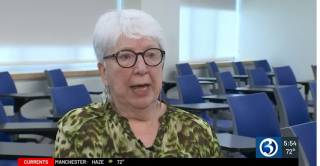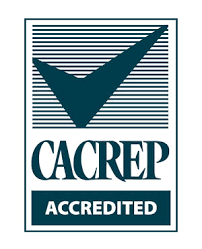
Students will have the foundational knowledge and skills that allows them to achieve the following objectives (which are aligned with the identified CACREP’s Entry-Level Specialty Area Standards for Clinical Mental Health Counseling):
-
Demonstrate understanding of principles, models, and documentation formats of biopsychosocial case conceptualization and treatment planning (CACREP Standard 5.C.1.c.).
-
Demonstrate understanding of psychological tests and assessments specific to clinical mental health counseling (CACREP Standard 5.C.1.e.).
-
Demonstrate understanding of diagnostic process, including differential diagnosis and the use of current diagnostic classification systems, including the Diagnostic and Statistical Manual of Mental Disorders (DSM) and the International Classification of Diseases (ICD) (CACREP Standard 5.C.2.d.).
-
Demonstrate understanding of impact of crisis and trauma on individuals with mental health diagnoses (CACREP Standard 5.C.2.f.).
-
Demonstrate the ability to facilitate intake interviews, mental status evaluations, biopsychosocial histories, mental health histories, and psychological assessments for treatment planning and caseload management (CACREP Standard 5.C.3.a.).




